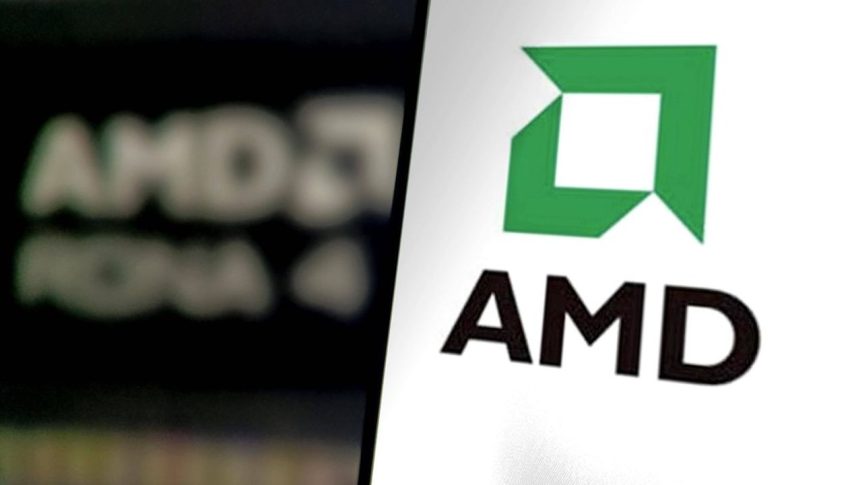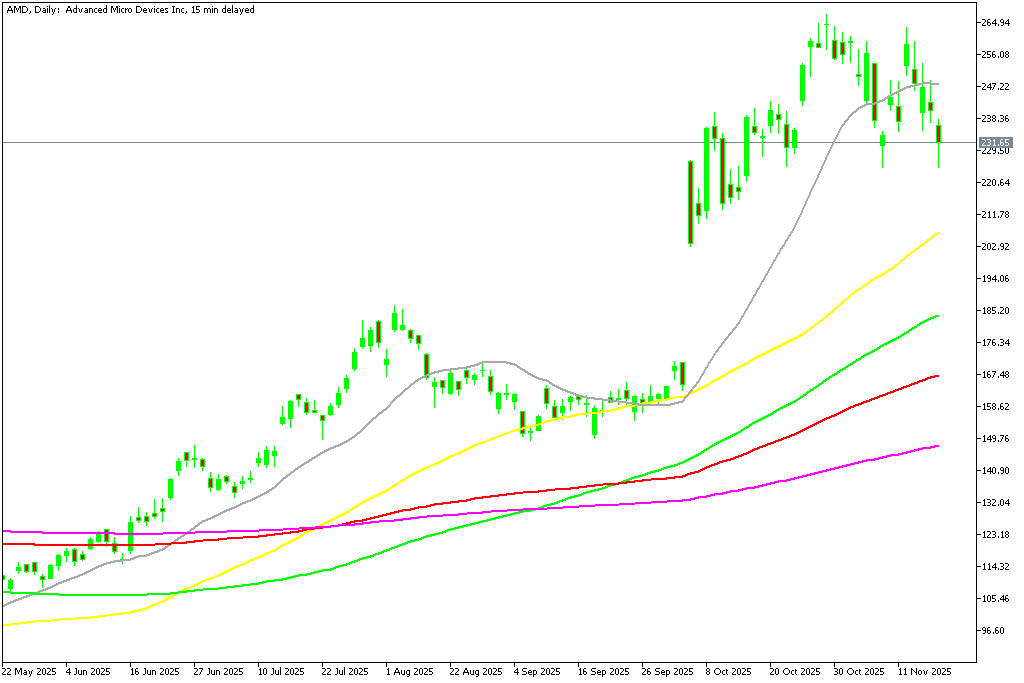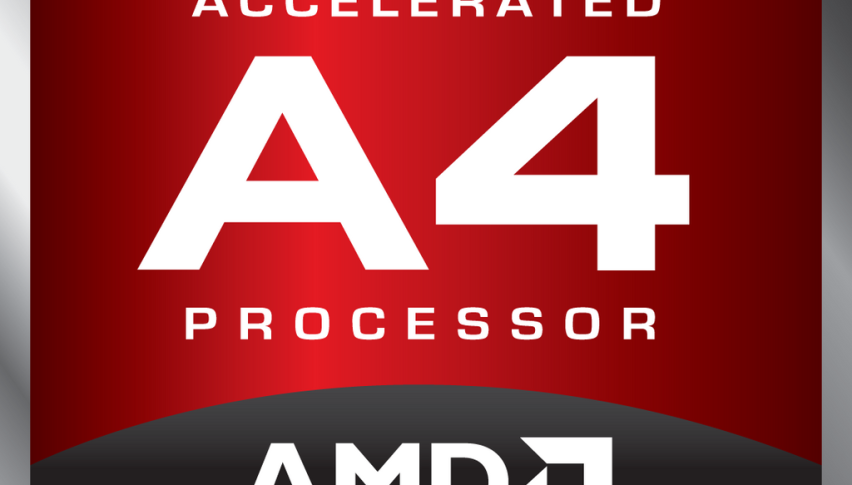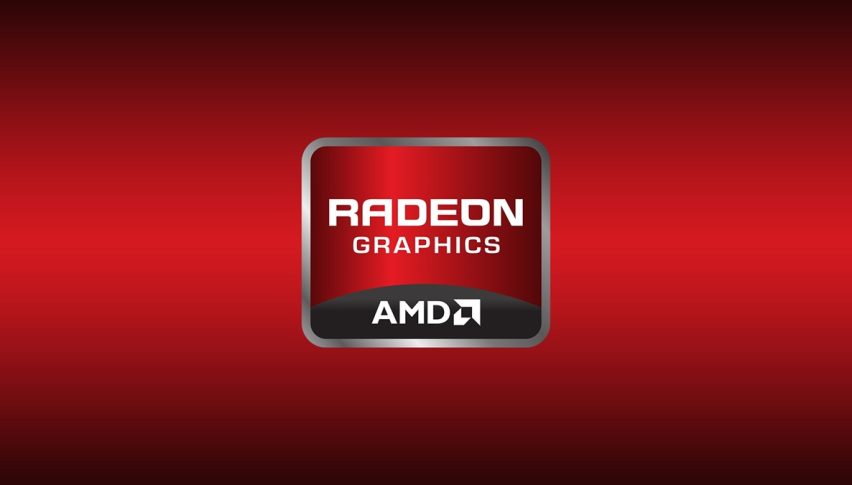AMD Stock Extends the Decline Amid AI Sector Downgrade – Is $200 Next?
As investors consider AMD's stretched valuation and more uncertain route for AI, the company's impressive quarter is no longer sufficient to

Quick overview
- AMD's stock has dropped nearly 10% over the past week, reflecting investor skepticism despite strong Q3 earnings.
- The company's partnership with OpenAI has raised doubts about its profitability and reliance on a limited customer base.
- Technical indicators suggest a potential deeper correction for AMD, with analysts warning of a possible retest of $200.
- Intensifying competition from rivals like Nvidia and Intel poses significant challenges to AMD's ambitions in the AI market.
As investors consider AMD’s stretched valuation and more uncertain route for AI, the company’s impressive quarter is no longer sufficient to calm rising market skepticism.
Advanced Micro Devices (NASDAQ: AMD) is losing steam after hitting record highs, with the stock sliding 4% on Wednesday and dropping nearly 10% over the past five trading sessions. The decline reflects waning enthusiasm for AI-linked names as investors reassess whether AMD’s rapid price appreciation was justified or simply the result of short-term hype. The recent downgrades from Rothschild & Co. Redburn — targeting major AI beneficiaries like Amazon and Microsoft — have only amplified concerns that the sector has overheated, dragging AMD into the broader downturn.
Strong Earnings Not Enough to Calm Markets
Despite posting upbeat numbers, AMD’s Q3 performance failed to reassure investors:
- Revenue: $9.25 billion (+36% YoY)
- Non-GAAP EPS: $1.20
- Q4 Guidance: $9.6 billion (±$300 million)
While both data center and client segments showed growth, the market reaction was unmistakably negative. Many analysts argue that AMD’s results, though solid, fall short of justifying a stock that recently surged to $260. The fact that AMD’s gains evaporated so quickly after earnings signals a clear lack of conviction in the company’s ability to sustain its trajectory — especially in an increasingly crowded AI hardware landscape.
OpenAI Deal Triggers Doubt Instead of Confidence
AMD’s high-profile partnership with OpenAI — involving a 10% ownership stake in exchange for access to Instinct AI processors — initially drove a dramatic spike in the stock. But the excitement faded almost as fast as it appeared. Now investors are questioning whether the deal offers meaningful profitability or merely provided a temporary headline boost.
Concerns are also growing that AMD has become too dependent on a small group of customers — and without more concrete commitments from Meta, Microsoft, or enterprise cloud providers, the company risks falling short of the aggressive revenue expectations baked into its valuation.
Technical Breakdown Adds to Weakening Sentiment
The stock’s decline below its 20-day moving average has triggered fresh worries that a deeper correction may be forming. Momentum indicators have flipped bearish, and analysts warn that AMD may retest its early-October gap near $200 if selling pressure persists.
AMD Chart Daily – Selling Pressure Returns at These Levels
This technical deterioration comes at the worst possible moment, just ahead of the company’s Financial Analyst Day, where management now faces heightened pressure to justify years of forward-priced optimism.
Rising Competition Threatens AMD’s AI Ambitions
The AI chip race is only getting more intense — and not in AMD’s favor. Rivals Nvidia and Intel recently announced a multi-billion-dollar collaboration to develop next-generation AI processors, a partnership viewed as a direct challenge to AMD’s expansion efforts. Meanwhile, Broadcom and other semiconductor players are rolling out competing solutions that further dilute AMD’s potential market share.
For a stock priced for near-perfect execution, growing competitive threats make AMD’s long-term outlook far less certain than bulls would prefer to admit.
- Check out our free forex signals
- Follow the top economic events on FX Leaders economic calendar
- Trade better, discover more Forex Trading Strategies
- Open a FREE Trading Account


